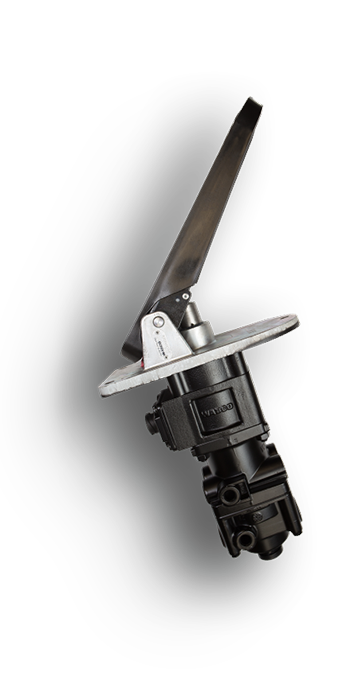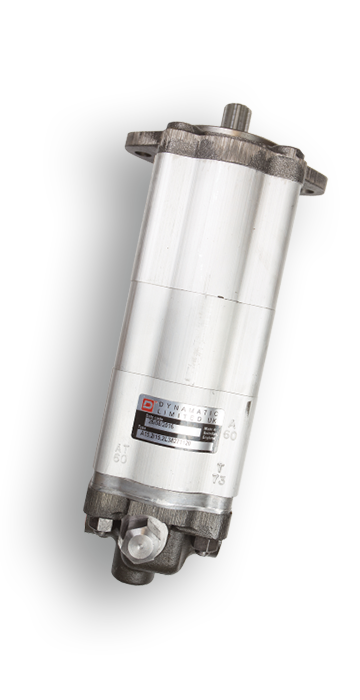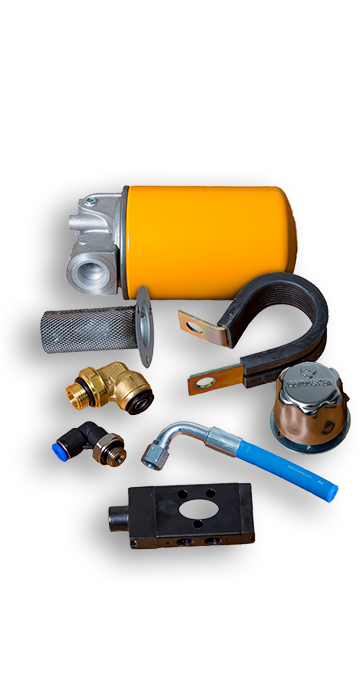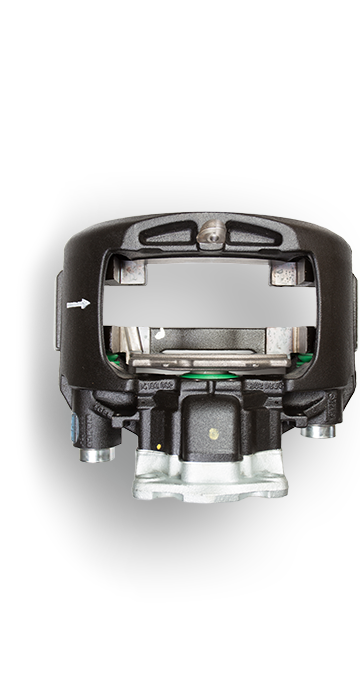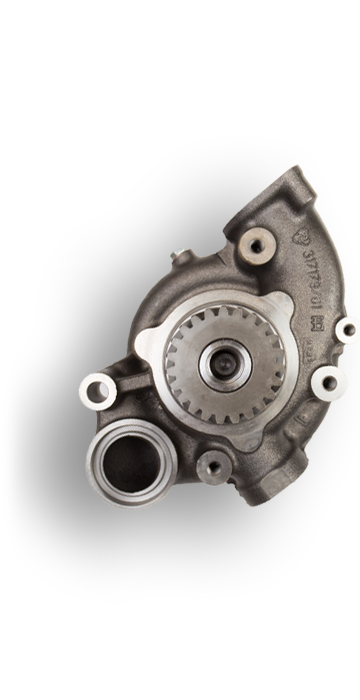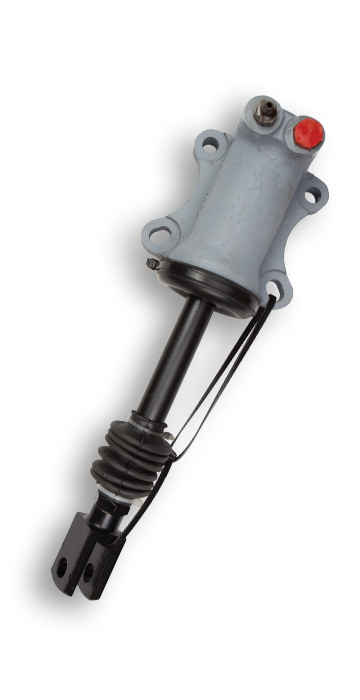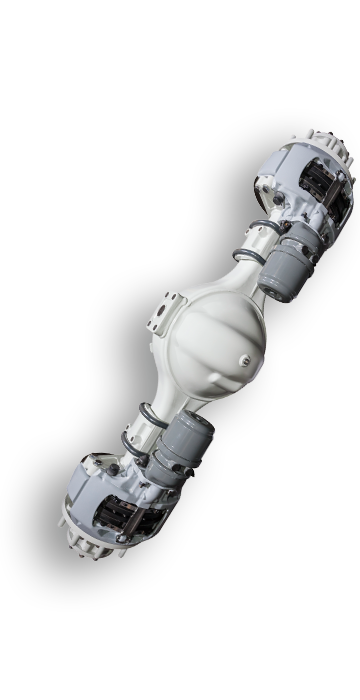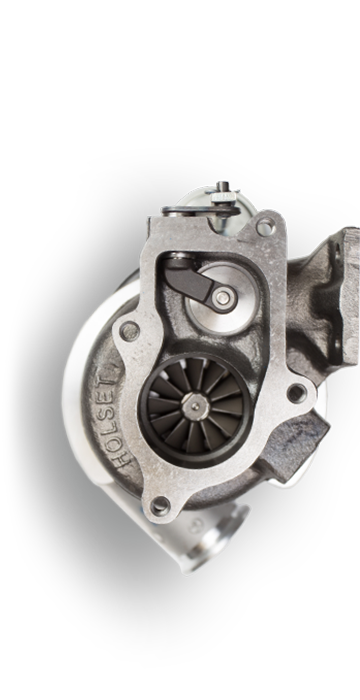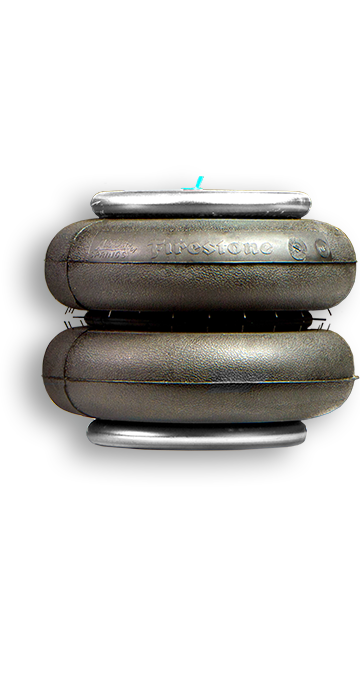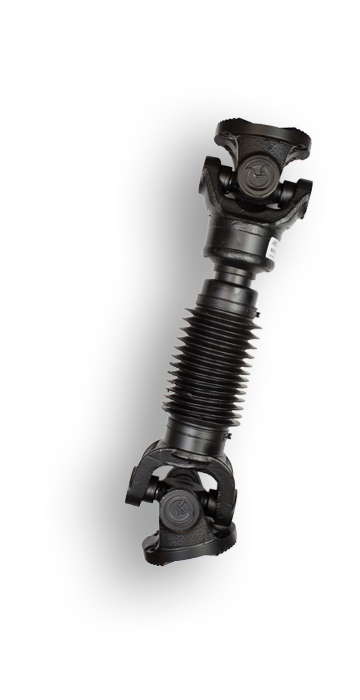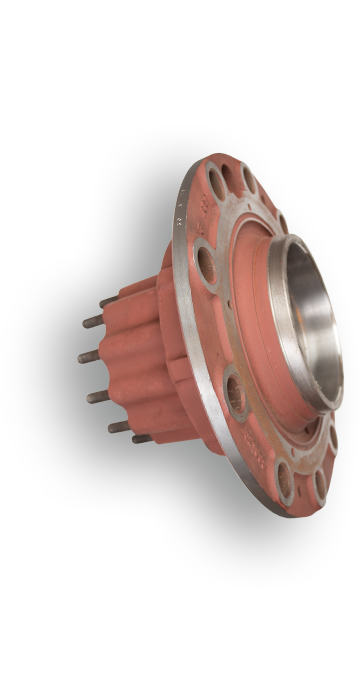Following two years of growth in the UK bus and coach sector in 2015-16, figures released by the Society of Motor Manufacturers and Traders (SMMT) revealed a double-digit decline in new bus and coach registrations last year.
According to the SMMT’s annual figures, the 2017 market was down by almost 13% year-on-year with lower numbers of minibuses, single-decks and double-decks registered, collectively totalling 7,666 units. Demand for double-deck vehicles saw the biggest reduction with a 17% decline, whilst single-decks and minibuses also fared worse, down 8% and 13% respectively.
Commenting on the statistics, Mike Hawes, SMMT’s Chief Executive, said: “Following strong market performance in the previous two years and the highly cyclical nature of fleet purchasing in this sector, it’s no surprise to see orders fall in 2017. However, declining business confidence undoubtedly played a part. To encourage future long-term investment, operators must have economic and regulatory certainty. Government’s proposed closure of the Euro V legislation loophole is overdue and must be implemented urgently if we are to get more of the latest low emission Euro VI vehicles onto our roads and improve air quality in our towns and cities.”
Echoing Mr Hawes’ response to the numbers, leading OE parts supplier to the bus and coach sector, Imperial Engineering, believes that a return to growth will occur if there is increased investment in cleaner fuel technology, as is happening Stateside.
Across the Atlantic, a new study by Bloomberg New Energy Finance predicts that by 2025, almost 50% of buses used by municipal governments across the USA will be electric powered. Its research suggests that last year’s sale of 386,000 electric buses will go up to 1.2 million in the next seven years with Chinese manufacturers accounting for 99% of the world’s electric buses by that time.
Federal, state and local regulations regarding air pollution has seen a significant shift away from diesel fuelled buses in favour of compressed natural gas (CNG) vehicles, which have afforded fleet operators with cheaper operational costs, as well as benefitting the environment. A move towards zero emissions transport through electrification of municipal fleets will see a further decline in the need for diesel and CNG buses.
While electrified buses are more expensive than fossil-fuelled vehicles, the BNEF study found that all-electric units offer lower total cost of ownership, due to far cheaper fuel and maintenance costs. In addition, the BNEF study forecasts that a reduction in the prices of lithium batteries will make electric buses much more competitive with diesel by 2026.
Last year in China, the country’s largest seller of electric vehicles, BYD Co., sold 128,000 new energy vehicles, which include all-electric and plug-in hybrid passenger and commercial vehicles. That went up from 100,183 in 2016. The company has sold its electric buses to operators in more than 200 cities around the world, including London. It recently announced that it will supply 11 BYD ADL Enviro200EV single-deckers to be operated by Go-Ahead London, in addition to the operator’s electric fleet already on the capital’s roads on behalf of Transport for London.
Wherever in the world, electric buses make a lot of sense for Governments, environmentalists, fleet operators and the travelling public. They serve routine, fixed routes, making them ideal for ‘electrified vehicle pathways’ where infrastructure allows and charging stations can be set up at bus stations and built into the schedule. It’s perhaps no wonder then that sales are forging ahead.
In the UK, research by LowCVP (Low Carbon Vehicle Partnership) found that bus usage in cities is going up, due to ‘greener’, more convenient and better connected services. Its 2017 report entitled ‘Any Journey is Greener by Bus’, highlighted regions that have experienced the biggest growth in bus patronage. Areas such as Bristol (19% increase from 2009/10 to 2015/16), Reading (17%) Milton Keynes (15%) and Oxfordshire (12%) have all benefited from investment and prioritisation by local councils in making public transport more sustainable.
John Dwight, Imperial Engineering’s Sales Director, said:
“As technology advances, generally there is an uplift in durability but this may well be offset by future increases in mileage as passengers move back to greener buses. As a market leader in the supply of brand new parts to the bus and coach sector, Imperial Engineering is already diversifying its product range and we will be seeking to expand our product lines further in 2018. This will enable our business to continue to respond efficiently to changes in the operator market. As well as technology, the advancement of diagnostics to further reduce misdiagnosis of faults is key to reducing downtime costs, so Imperial Engineering expects to see a continual decrease in part failure rates. However, the emphasis remains on supplying the highest quality parts from industry recognised supply partners to ensure we can provide operators with reliability for their vehicles. This is key to growing passenger numbers and reducing downtime costs.”
